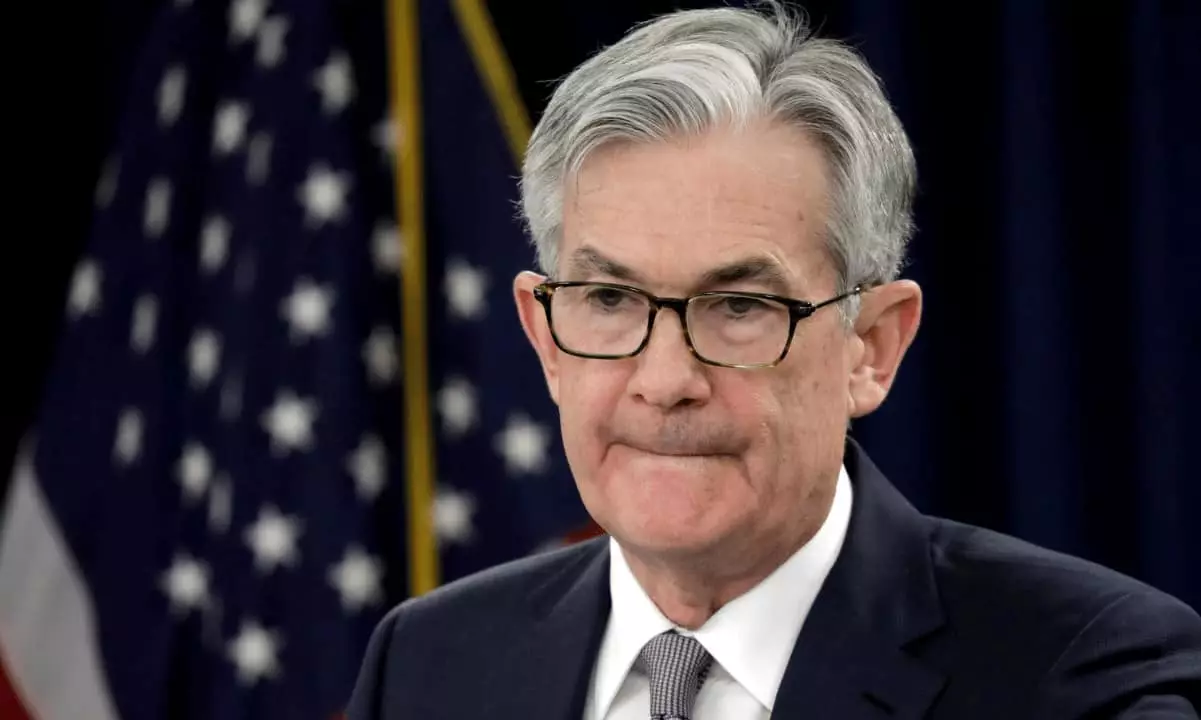The discussion around Central Bank Digital Currencies (CBDCs) has gained immense attention in recent years, particularly as technological advancements reshape monetary systems worldwide. Federal Reserve Chair Jerome Powell recently put a definitive halt to any speculation regarding the introduction of a U.S. CBDC during his tenure, drawing a clear line against the digitalization of the dollar. This proclamation signals an important stance amidst a rapidly evolving global landscape where many nations are actively pursuing their own digital currencies.
During a Senate Banking Committee session, Powell was posed a crucial question by Senator Bernie Moreno (R-OH) concerning the future of a potential digital dollar. His response—an unequivocal “Yes,” indicating that a CBDC would not be introduced while he is at the helm—has stirred various reactions. This statement contrasts sharply with prior assessments from the Federal Reserve, which had been investigating the benefits of a digital currency, including improved payment efficiency and enhanced security features for consumers.
The commitment to maintain traditional forms of currency and financial processes reflects not only Powell’s views but also taps into a broader ideological debate about the role of government in the economy. Critics argue that initiatives like CBDCs could lead to significant threats to personal freedoms, generating fears about government surveillance and individual privacy.
While the U.S. appears to be stepping back from the idea of a CBDC, other countries are charging ahead. Nations such as China, Russia, and Japan are investing considerable resources into developing their digital currencies, with China’s digital yuan already in active pilot phases since 2020. This juxtaposition—with the U.S. falling behind on a global initiative—raises questions about the potential long-term implications for the American economy and its international standing.
Powell’s stance brings to light a distinctive divergence from these international trends, which may be perceived as a safeguard against unwanted governmental overreach in financial matters. Senator Moreno emphasized this point, indicating a desire to prevent the U.S. from taking a page out of China’s playbook regarding digital currency systems that could infringe upon citizens’ rights.
The discourse surrounding CBDCs has not only elicited responses from economists and financial commentators but has also ignited substantial political discourse. Key Republican figures, including Congressman Tom Emmer, have vigorously opposed any movements toward a government-backed digital currency. Emmer’s legislation, which sought to prohibit the Federal Reserve from issuing a CBDC, underscores a growing skepticism among lawmakers about the potential negative ramifications of such a currency on financial liberties.
Furthermore, this skepticism was echoed in President Donald Trump’s executive order, which barred federal agencies from advancing a CBDC initiative. Such reluctance reflects a broader conservative perspective aimed at maintaining the sanctity of personal and financial freedoms amidst growing technological advancements in finance.
Jerome Powell’s recent declaration regarding the absence of a CBDC during his leadership marks a critical juncture in the ongoing narrative of financial technology. As opinions and policies continue to evolve, the U.S. faces the challenging task of balancing innovation with individual rights and market stability. Whether this stance will encourage a return to traditional monetary practices or reflect a strategic retreat from a necessary evolution in currency remains to be seen. For now, Powell’s clear message has cast the future of American currency in a different light, one that emphasizes caution over the allure of potentially transformative financial technology.


Leave a Reply